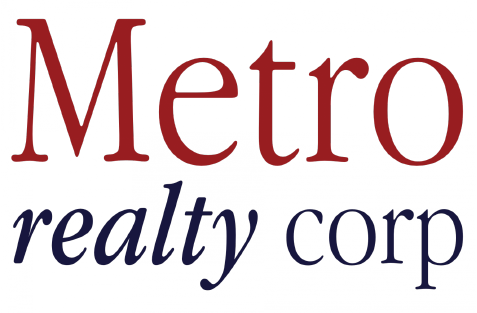Why Your First Week on the Market Is Crucial in Boston

ADAM UMINA
LICENSE BROKER #9569629Adam grew up in Newton MA, attending Newton South High School before earning a B.S...
LICENSE BROKER #9569629Adam grew up in Newton MA, attending Newton South High School before earning a B.S...
Listing your home can feel like standing at the starting line of a race. The moment your property goes live, there’s a rush of anticipation. The photos are ready, the open house is scheduled, and for many sellers, this is when everything starts to feel real.
But here's the reality: how your home performs in that first week can significantly influence the entire sales process.
It might sound a bit dramatic, but it’s true. The first seven days are more critical than many realize. That’s when your listing is fresh, your buyer pool is at its largest, and your pricing strategy gets its first real test.
Let’s take a closer look at why those early days matter so much—and how to prepare yourself for success even before your home officially hits the market.
You’re Competing With Every Buyer’s Saved Search
In Boston, serious buyers often set up alerts to get notified the moment a new home in their price range hits the market. Considering that nearly 65% of homes in this market go under contract within two weeks (Redfin, Q1 2025), that early exposure is crucial.
Buyers aren’t just browsing; they’re acting quickly. Fresh listings create a buzz and attract immediate interest. After about ten days, interest typically wanes unless there’s a price adjustment or the property gets relisted.
This means you’ve got about a week to capture attention while your listing is still at the top of every buyer’s feed.
The First Price Is the Only Price That Matters
Getting your pricing right from day one is essential in Boston’s competitive market. According to Zillow’s 2024 Seller Report, 84% of sellers who had to reduce their price after listing expressed regret, often because it led to lower offers and prolonged time on the market.
A home that’s priced appropriately from the start doesn’t just attract attention; it fosters competition. Buyers recognize that a well-priced home won’t last long, which can lead to stronger offers and better terms.
On the flip side, if you set the price too high, you might find yourself lowering it later, which can send the wrong message. Many buyers interpret price drops as a sign that something might be wrong—even if that’s not the case. Plus, there’s a risk of appearing desperate to sell, which can lead to lower offers.
The takeaway? The longer your home sits without an offer, the more likely you are to accept less than you could’ve with a better launch strategy.
Buyers Will Pay More When They Feel the Competition
When your home hits the market at a fair, data-driven price—and it shows well—you’re not just attracting buyers; you’re also creating a competitive environment.
This can be the difference between receiving one offer at list price and getting multiple offers, including one that waives contingencies and offers flexibility on closing dates.
We’re currently in a strategic yet cautious market in 2025. Interest rates are hovering between 6.2% and 6.5%. Buyers are more selective now than they were during the ultra-low rate years, but they’re still actively looking. When they find the right home at the right price, they tend to move quickly.
Creating that sense of urgency early on can give you a significant advantage.
Preparation Equals Better Opportunities
A successful first week isn’t just about luck; it’s all about preparation. This includes:
- Professional staging or styling to highlight your home’s best features
- High-quality photography and video to showcase your property
- A compelling listing description that draws buyers in
- A strategic digital marketing plan that targets buyers where they are—on social media platforms like Instagram and Facebook, or through email campaigns
Why is all this important? The broader your exposure in that first week, the better your chances of attracting serious buyers. Every showing, inquiry, and conversation during that initial period increases your odds of receiving a strong offer.
This early activity also builds social proof. When potential buyers see others touring your home or asking questions, it reinforces the notion that this is a property worth acting on quickly.
Your Best Offer Might Come First
It’s a common misconception that you should wait to see what offers come in "next week." However, in this market, your strongest offer often arrives within the first three to seven days.
Early bidders are usually the most qualified and motivated. They’ve been watching the market closely and are ready to act decisively.
If you hesitate or wait too long to respond, you risk missing that window and ending up with a "stale listing" that buyers start to overlook.
The Bottom Line
You’ve only got one chance to make a first impression, and in real estate, that impression lasts about a week.
This doesn’t mean you should rush to market before you’re ready. However, it does mean being thoughtful about your preparation. When your home goes live, it should do so with a competitive price, professional marketing, and a clear strategy in place.
Think of that first week as your launch window. The more intentional and prepared you are before your home goes on the market, the more successful that launch will be.
If you're thinking about selling, the best move you can make is to talk with a real estate agent who knows the Boston market inside and out and can help you make the most of those first critical days. Good guidance can truly make a difference—not just in how quickly your home sells, but in how much you ultimately walk away with.
Thinking about selling your home?
Get in touch. We'll guide you through every step of the process to ensure a smooth transaction that meets your goals.



